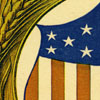 |
|
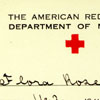 |
|
 |
|
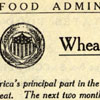 |
|
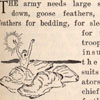 |
|
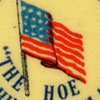 |
|
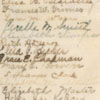 |
|
 |
|

What Role Did Home Economists Play in the
National Emergencies of the Twentieth Century?
Home economists played an active role during the national crises of the twentieth century. During the influenza pandemic that began in l917, they served as hospital dietitians and Red Cross nurses and volunteers. As leaders in nutrition research, they designed programs for the conservation and rationing of various commodities during World War I. The Cornell "farmerettes," a division of the national Women's Land Army, included both graduates and undergraduates of home economics who replaced farm help while men went off to war. During the Great Depression of the 1930s, home economists took on increasingly important roles. Funded by the Temporary Emergency Relief Administration, they educated thousands of impoverished families about ways to maintain proper nutrition and make decent clothing with very little money. This advice greatly enhanced home economists' reputation as advocates for American children and families. During World War II, home economists pledged themselves to the idea that "a well fed America will be a strong America." They planted victory gardens to help ensure an adequate supply of food and wrote widely about how to maintain nutrition in a time of rationing and scarcity. Home economists built a substantial national reputation through their efforts in these crises.
Select an image at left
or choose from the list below:
|
|||||||||
|
Copyright © 2001 Division
of Rare & Manuscript Collections For reference questions, send
mail to: rareref@cornell.edu
|
